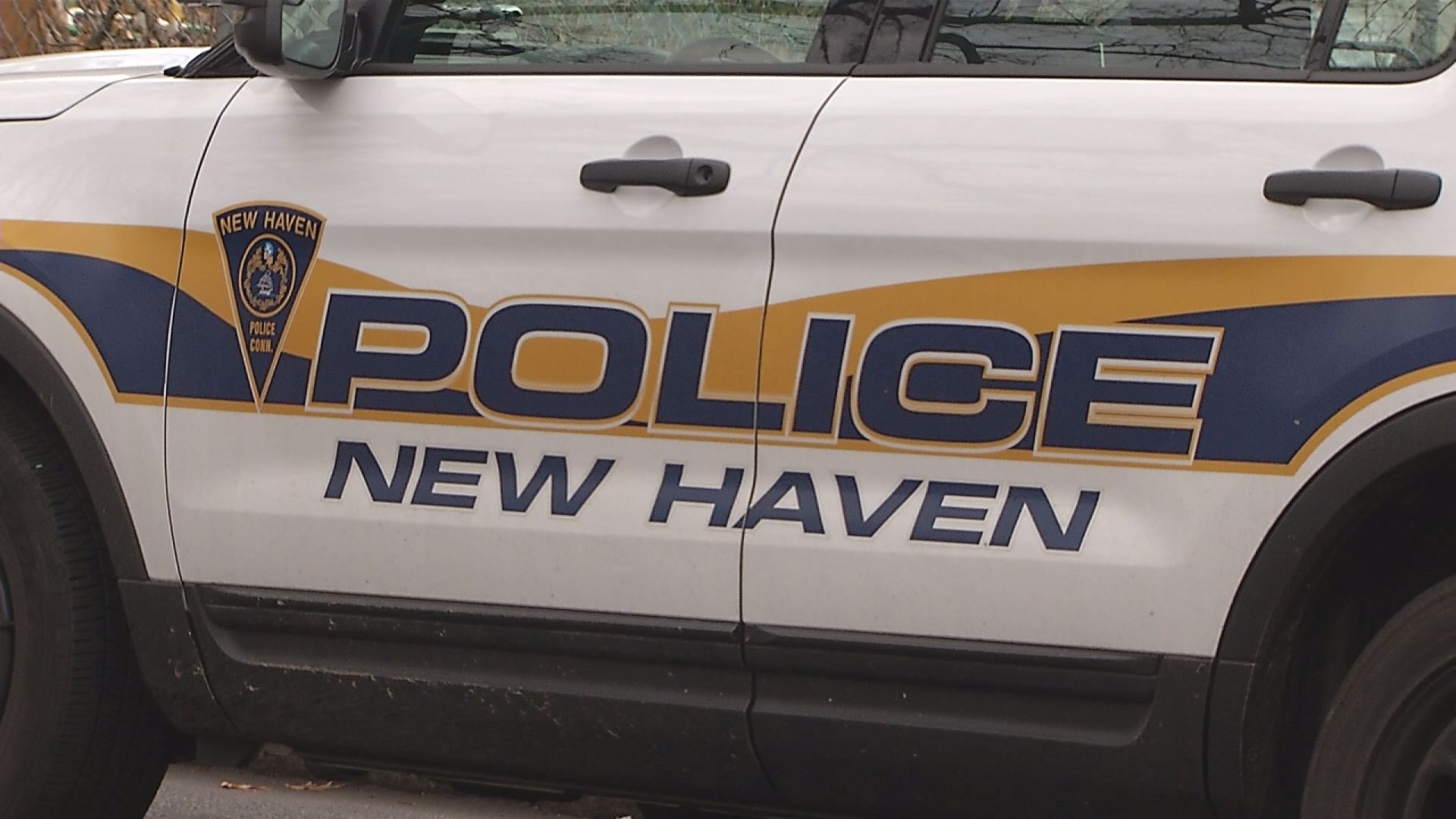Three local firefighters are talking about battling PTSD, depression and anxiety because they hope no other first responder has to suffer.
For Atwood Hose Deputy Chief Andrew Duval, even odors bring back the trauma he’s experienced on the job.
"The smell of antifreeze triggers it from a previous car accident I've been to," Duval said.
Colchester Firefighter Dave Barnes said just being at home reminds him of a severe burn victim he met during a call down the block.
"I remember hearing the screaming," Barnes said.
After Stamford Fire Captain Jaques Roy helped recover two bodies in an infamous Christmas day fire five years ago, all it takes to remind him of that horrific day is a certain whitish-pink color, the color he saw one of the fire's young victims wearing.
"I would drive my kids to school and I would drop them off and every little girl with a backpack would have that color on it," said Roy.
Local
The triggers may be different but what most firefighters have in common is the long journey they had to realize they had a problem and then admitting they needed to find the help.
NBC Connecticut teamed up with other NBC stations and The International Association of Fire Fighters (IAFF) to examine the issue of firefighter mental health nationwide. NBC Owned Stations sent surveys to first responders and got almost 7000 responses, including 124 from those working in Connecticut.
Three out of four surveyed said they have lingering or unresolved emotional issues due to stressful experiences as a firefighter.
That includes Manchester Fire Chief David Billings.
After a 2010 workplace shooting that left eight dead, he sought help but found that help to be lacking.
"I feel like I feel like we're doing a good job based on what we have at the moment. But I do absolutely feel like there is more to do," Billings said.
NBC Owned Station's survey results show that appears to be true.
- Four out of five Connecticut firefighters said employee assistance programs don't work in addressing their mental health issues
- Just 40 percent of Connecticut firefighters said they were helped from critical incident stress debriefings, where a team meets with firefighters and reviews a stressful event step by step
According to our survey, 70 percent of Connecticut firefighters found peer-to-peer counseling helpful.
"You trust your peer, you know they understand," Roy said.
Firefighters surveyed said there needs to be more discussions or training about mental health. Some said their departments address it once a year at most.
Billings has researched something called "resiliency training" which teachers firefighters to develop emotional strength before a stressful incident, so the effects don't linger as long afterward.
But the hardest part in getting firefighters the assistance they need may be in ending the stigma of coming forward and admitting you need help.
In Connecticut, more than 80 percent of those surveyed said there's a stigma about mental health issues and that makes them reluctant to seek out the assistance they need;
The firefighters NBC Connecticut spoke with believing over time, things will change, because Duval said, it has to.
"We need to start taking care of ourselves and the service because if we kept going we were going twenty years ago, thirty years from now there'd be no fire service," Duval said.



